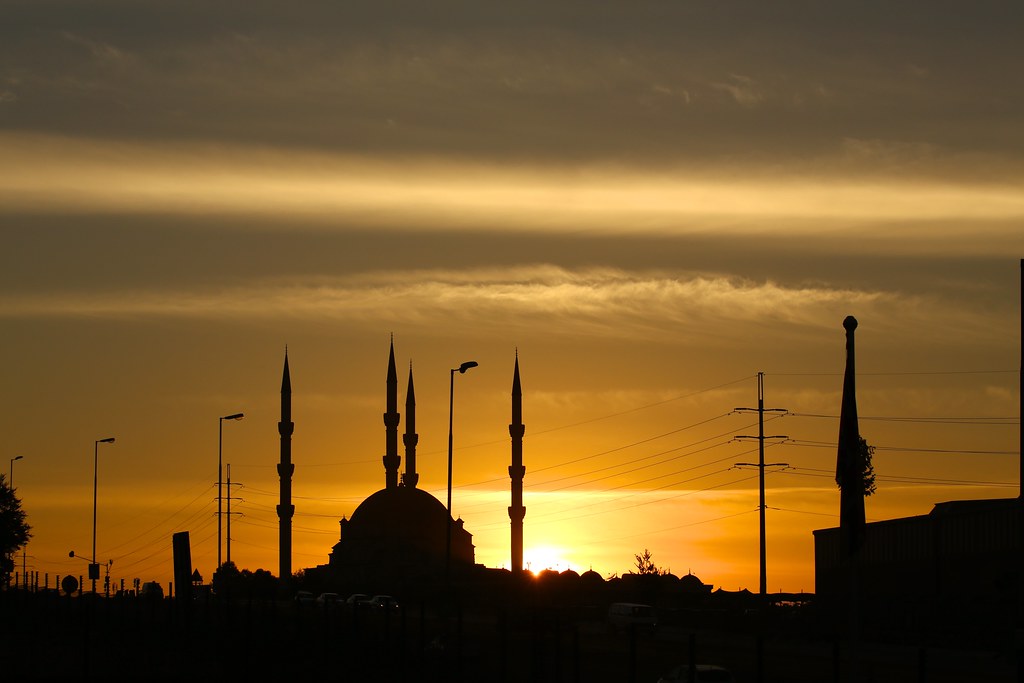Humairaa Mayet
On 4 April 2020, a letter addressed to President Cyril Ramaphosa and Nkosazana Dlamini-Zuma, Minister of Cooperative and Traditional Affairs, went viral after being circulated on WhatsApp. Zehir Omar, the attorney who penned the letter titled “Request by Muslims to attend Mosques”, addressed the President and the Minister on behalf of the Majlisul Ulama and Jamiatul Ulama.
Speaking to Salaamedia’s Azhar Vadi on the Alternative View, Omar explained that his clients – the Majlisul Ulama, the Jamiatul Ulama, and 20 mosques – all demand the reopening of mosques during the lockdown period. Confusion arose as to who exactly the Jamiatul Ulama referred to in the letter was, as contradictory statements wholly agreeing with governmental regulations have been released by the Jamiatul Ulama of Kwa-Zulu Natal, the Jamiatul Ulama of South Africa, and the Muslim Judicial Council. Omar claimed that he represents the Jamiatul Ulama which was pioneered by Mufti Desai, which he believes to be an authentic and reputable organization.
“Regulations put into place are unconstitutional and unlawful,” Omar told Salaamedia. South Africa’s Constitution and Bill of Rights enshrine the right to freedom of worship. In implementing these regulations, however, the government has not violated the right to freedom of worship but has simply placed limitations on it. Since the entrance of Covid-19 into South Africa, it has been discovered that the virus was spreading at several sites of worship and religious gatherings, and the opening of mosques will likely result in further transmissions.
Omar stated that the operation of taxi services and the carrying out of funerals does not comply with the Public Disaster Management Act which was declared by the President when the lockdown began. Therefore, mosques should be opened as they, too, are “an essential”.
Although a state of emergency has not been declared, South Africa, in all likelihood, will declare one soon, claimed Omar. This is due to the fact that South Africa is a member of the International Covenant for Civil and Political Rights which demands its signatories declare a state of emergency if any rights are violated. Omar has classified the government’s limitations placed upon mosques to be an infringement on civil liberties. He, however, fails to acknowledge churches, temples and other religious institutions. If a state of emergency were to be declared, attendance of religious gatherings, including attendance of prayers at mosques would not be allowed, making Omar’s claims and demands contradictory.
The Gauteng Muslim Shura Council has called for an end to “religious fanaticism” such as the demands of Omar and his clients, claiming that it would propel forward an anti-Muslim narrative as is the case in India.
Omar insisted that masks and clean towels would be provided to all who attend the daily prayers at mosques, yet this is not sustainable as not only are masks in short supply, but many mosques cannot afford to provide these to the attendees, and most – if not all – mosques will not be able to continue making these provisions for an extended period of time.
Listen to the full discussion below:
Featured image via Flickr.
